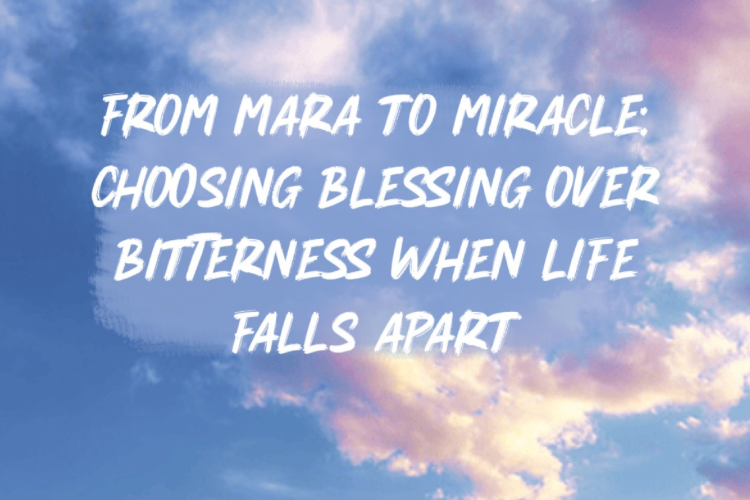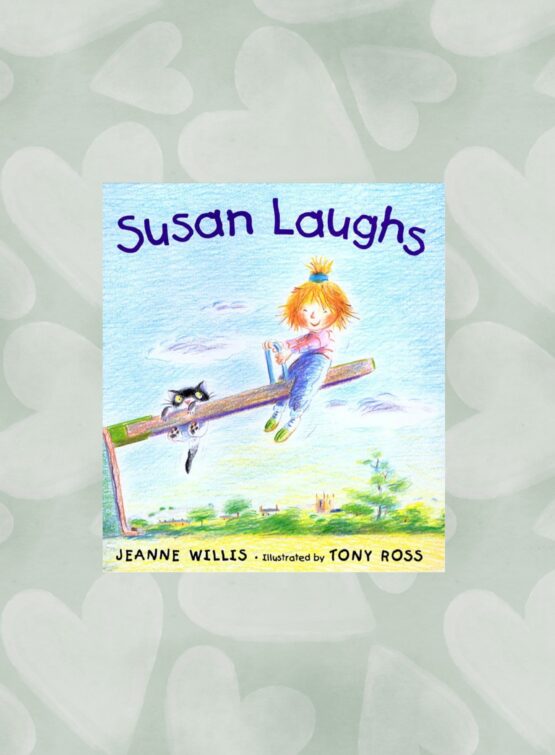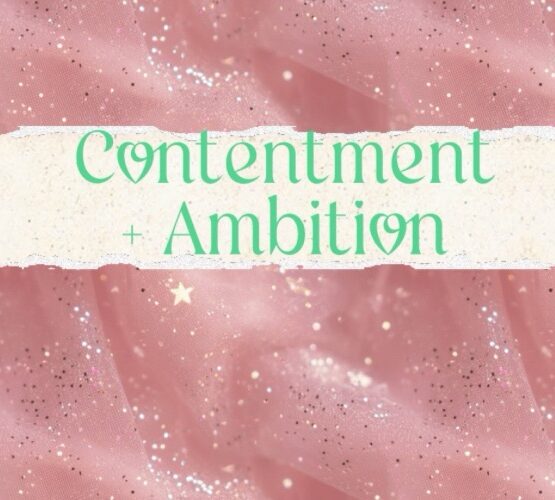From Mara to Miracle: Choosing Blessing Over Bitterness When Life Falls Apart

Today I was teaching kids the story of Ruth & Naomi (Ruth 1-4), when a part of the story stood out to me that hadn’t in the past. I’ve seen the story through the lens of a romance… a rags to riches, lovely story of a girl finding a guy and loving happily ever after. I was missing so much!
This time, after my not- so happily- ever after divorce… in the middle of financial strain in a tight economy… in a time of growth and restoration after pain… I see with new eyes.
Romcom to Horror
I see the pain and suffering in the story. Instead of a Romclm, Naomi’s story becomes a horror show. Naomi had it all. She had the guy. She had the kids. She was married and she had two sons- which was the gold star back in the day. She was living in the super-awesome promised land. But. Yeah, but. BUT then a famine came. Dumb famine. Stupid famine. Folks were starving to death and her family wasn’t exempt.
What would it be like to live in the place of blessing… to be living the dream with the family you dreamed about? You’re surrounded by your loved ones. It’s going great, right? Yeah until that famine came. Now everyone you love is on the brink of starvation and it’s crisisville! You didn’t do anything to bring this on. Circumstances changed and now you’re caught in a storm. You stay put and suffer, or find a way out.
Naomi’s and her family packed up their stuff and moved to a place where they could survive. Unfortunately that plane was a place that was well known for oppression. Moab was a place where the culture was hostile toward Naomi’s cultural group and historically had led people away from God. So no only was her family starving to death and had to move from the safe place she called home, but she’s got to go into enemy territory to find relief! That’s crazy.
Well, I’m sure she was thankful for the relief from starving, even though she’s wasn’t quite safe where she was living. She starts to build her life in Moab- enemy territory. Just when they’re getting used to living in Moab… crisis hits again! Naomi’s husband dies. So now she’s dealing with a move, being in a hostile place for her growth, and grieving her husband’s loss. Cheer up, Naomi- you still have two boys To take care of you and keep you out of poverty!
Until… her her sons go off the deep end. They break God’s rules by marrying the women in Moab instead of women who follow Him. Naomi is probably pulling her hair out watching all that unfold- she gets out of her town where the boys could have married girls who had faith in common and now she’s living in a place where that’s all foreign. Roots are going in deep in a place they were only supposed to be visiting to get relief!
A decade goes by and now, added onto all the drama she’s experienced so far… not one but BOTH of her boys die, leaving her heartbroken and penniless. Back then she count get get a job. If there were not men to take care of you… you had nothing. No property, no money, no ability to earn a living in a decent way. Done. Try on that- you had three funerals in 10 years- of everyone you loved. Now you’re faced with poverty and grief and are living in a foreign country who doesn’t get along with your people.
Can she catch a break?! She ends up going back to her hometown. Everyone who sees her is speechless and they can’t even believe what they see. The happy warm hearted glow girl (Naomi’s name means pleasant) is now a shell of what she used to be. All the drama in her life had laid her out so much she doesn’t even want to be associated with her old self. She says in Ruth 1:20-21,
20 “Don’t call me Naomi,” she responded. “Instead, call me Mara,[a] for the Almighty has made life very bitter for me. 21 I went away full, but the Lord has brought me home empty. Why call me Naomi when the Lord has caused me to suffer[b] and the Almighty has sent such tragedy upon me?”
This reminds me of something I read in the Psalms (the book was ironically written by one of Naomi’s descendants). The same pain and cry comes out. Psalm 102 says,
1
Lord, hear my prayer!
Listen to my plea!
2
Don’t turn away from me
in my time of distress.
Bend down to listen,
and answer me quickly when I call to you.
3
For my days disappear like smoke,
and my bones burn like red-hot coals.
4
My heart is sick, withered like grass,
and I have lost my appetite.
5
Because of my groaning,
I am reduced to skin and bones.
6
I am like an owl in the desert,
like a little owl in a far-off wilderness.
7
I lie awake,
lonely as a solitary bird on the roof.
8
My enemies taunt me day after day.
They mock and curse me.
9
I eat ashes for food.
My tears run down into my drink
10
because of your anger and wrath.
For you have picked me up and thrown me out.
11
My life passes as swiftly as the evening shadows.
I am withering away like grass.
12
But you, O Lord, will sit on your throne forever.
Your fame will endure to every generation.
13
You will arise and have mercy on Jerusalem[a]—
and now is the time to pity her,
now is the time you promised to help.
14
For your people love every stone in her walls
and cherish even the dust in her streets.
15
Then the nations will tremble before the Lord.
The kings of the earth will tremble before his glory.
16
For the Lord will rebuild Jerusalem.
He will appear in his glory.
17
He will listen to the prayers of the destitute.
He will not reject their pleas.
18
Let this be recorded for future generations,
so that a people not yet born will praise the Lord.
19
Tell them the Lord looked down
from his heavenly sanctuary.
He looked down to earth from heaven
20
to hear the groans of the prisoners,
to release those condemned to die.
21
And so the Lord’s fame will be celebrated in Zion,
his praises in Jerusalem,
22
when multitudes gather together
and kingdoms come to worship the Lord.
Pain as the Great Blinder
Naomi was in such distress and pain she didn’t see herself or God clearly, just like the Psalmist. We don’t see clearly in the thick of it. Out pain blinds us. But the amazing thing that both Naomi and the psalmist did was to take their pain and frustration straight to God. They wrestled honestly with it.
You know… we all face brokenness. Broken hearts, broken relationships, broken opportunities, broken choices, broken people, broken mindsets, broken spirits, broken habits!
Our brokenness can lead us to two different places. It can take us to bitterness or it can take us to blessing.
Which path it takes depends on the answer to a couple of key questions.
- Whose hands do you put your pain in?
- Where do you choose to focus your mental, emotional, and spiritual energy?
- Who or what is glorified with the way you tell the story?
The story wasn’t over for Naomi and it isn’t for us. At this point in the story, Naomi is putting her pain in God’s hands and is choosing to focus her energies on Him. Her storytelling is glorifying the problem- a God she sees as being the cause of her suffering. What she’s missing, and eventually we see as the story unfolds, is that instead of being the cause of her pain, God is the author of her deliverance and blessing. Her bitterness toward Him and life holds her back from seeing the possibilities inherent in her situation.
The psalmist, though beginning just like Naomi, ends in such a different place. Verse 12 of Psalm 102 throws in a BUT.
12
But you, O Lord, will sit on your throne forever.
Your fame will endure to every generation.
The rest of the Psalm turns the writer’s heart and mind toward God and glorifies God. It speaks of who God is and refocuses attention away from the problem to the solution- Faith in who God is and what he can do. It recognizes him as above all these painful circumstances, but also as one who cares deeply for the suffering of his people.
If it’s not good, He isn’t Done!
As the story continues, and as we peel back its layers, we see how God takes the pain Naomi experiences and is all the while working behind the scenes to create a powerful story that brings such blessing to Naomi that she cannot even conceive. He provided relief from famine (Ruth 1:6). He sent women to grieve alongside her (Ruth 1:8). He brings her safely home (Ruth 1:22). He orchestrates a marriage that grossly changes her financial and social position as well as her legacy (Ruth 4:14-22).
The whole time God is working to bring about good for Naomi despite the bad she’s experiencing. Genesis 50:20 says,
You intended to harm me, but God intended it all for good. He brought me to this position so I could save the lives of many people.”
What in your circumstance might reveal the same thing, if you peel back the layers that pain and bitterness have blinded you to? Instead of the toxic “what ifs” you keep asking yourself*, what if you asked God boldly to open your eyes so you could see Him at work in your story? Ask Him to help you imagine the what ifs He could be making happen!
Now all glory to God, who is able, through his mighty power at work within us, to accomplish infinitely more than we might ask or think. Ephesians 3:20
Take that brokenness and let God transform into blessing instead of you letting it rot into bitterness! Cry out to him and tell him how you feel and what you’re going through. Did in his word to find evidence of who He is that inspires you to look up from the pain and worship Him above your circumstance. Those steps are an expression of faith that will pull you closer to God and the abundant life he has planned for you!
Then you put a leader over us. We went through fire and flood, but you brought us to a place of great abundance. Psalm 66:12
Reflection Questions / Next Steps
- Whose hands do you put your pain in?
- Where do you choose to focus your mental, emotional, and spiritual energy?
- Who or what is glorified with the way you tell the story?
- Is there anything you want to change about your answers above?
- What is God showing your through this article?
- What’s one step you feel God is calling you to take in response to what you read today?
- Listen to the song, Joy in the Morning by Tauren Wells. How does God use that to minister to you?
- How can you share this message of encouragement with someone who may need it?
* …“what if I am alone the rest of my life,” “what if I never get out of this,” “what if this fails and I’m left penniless,” etc.
 English
English 

